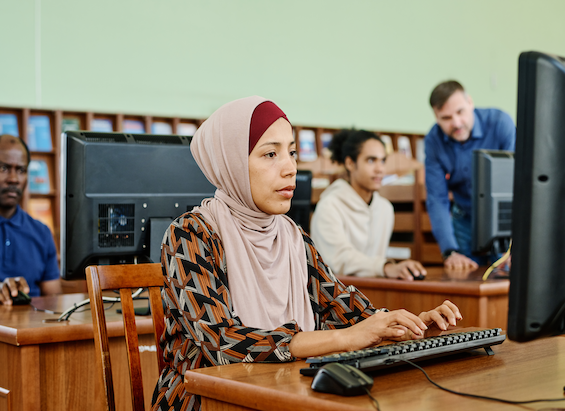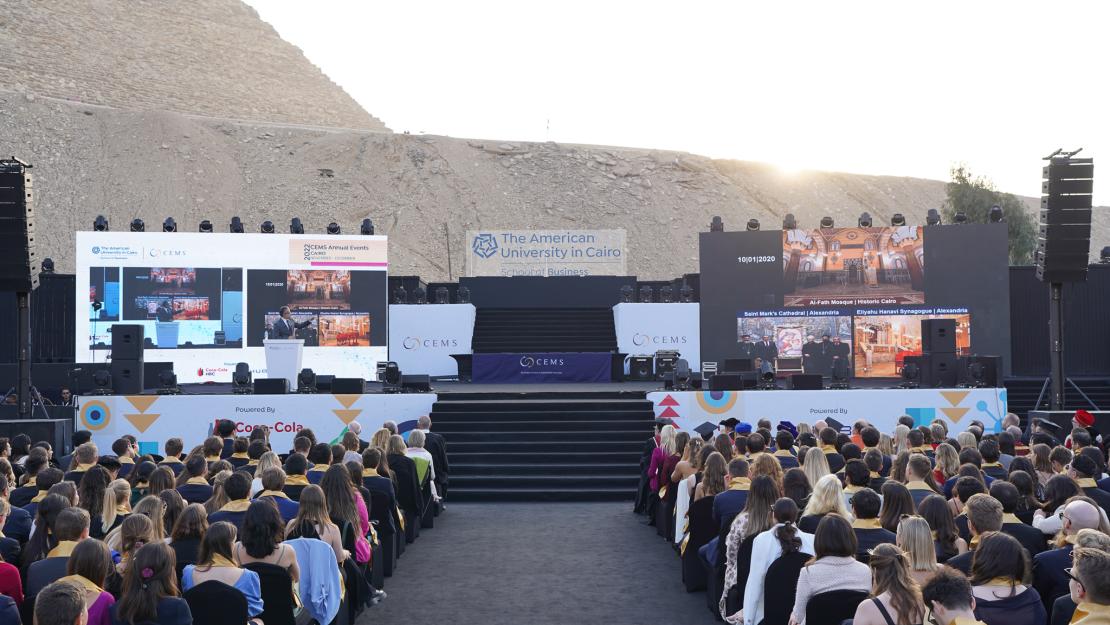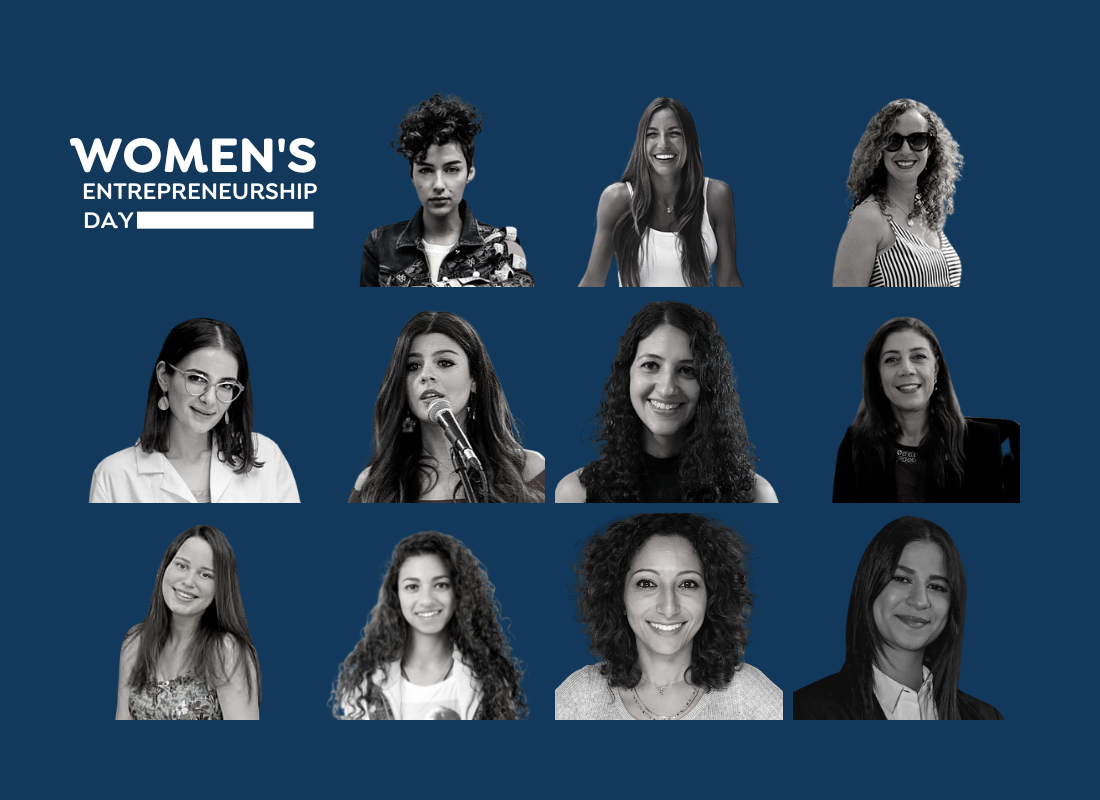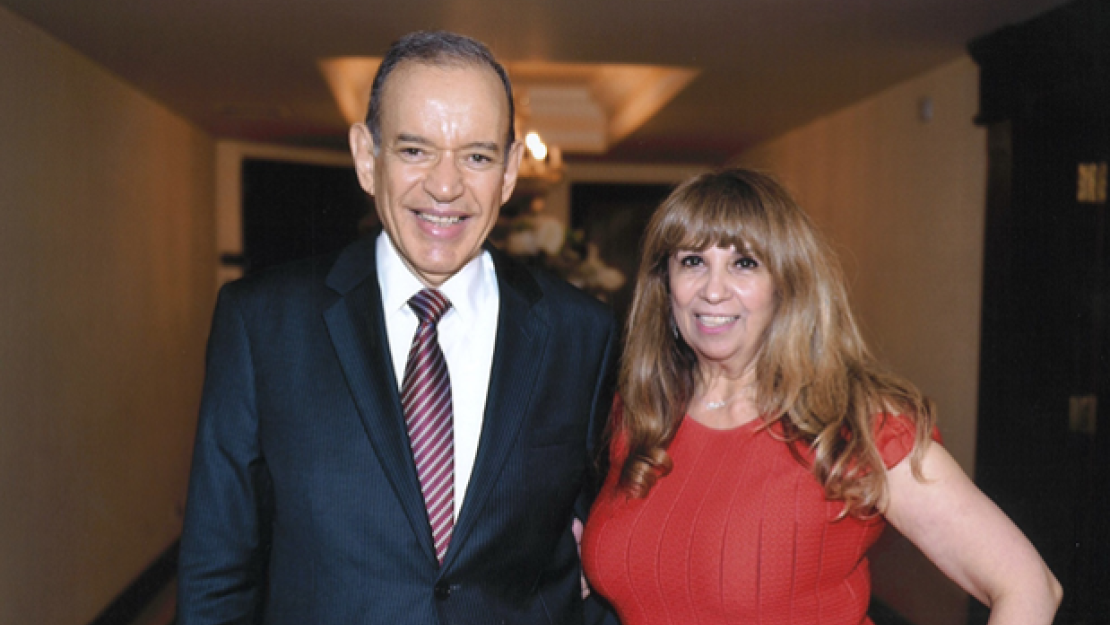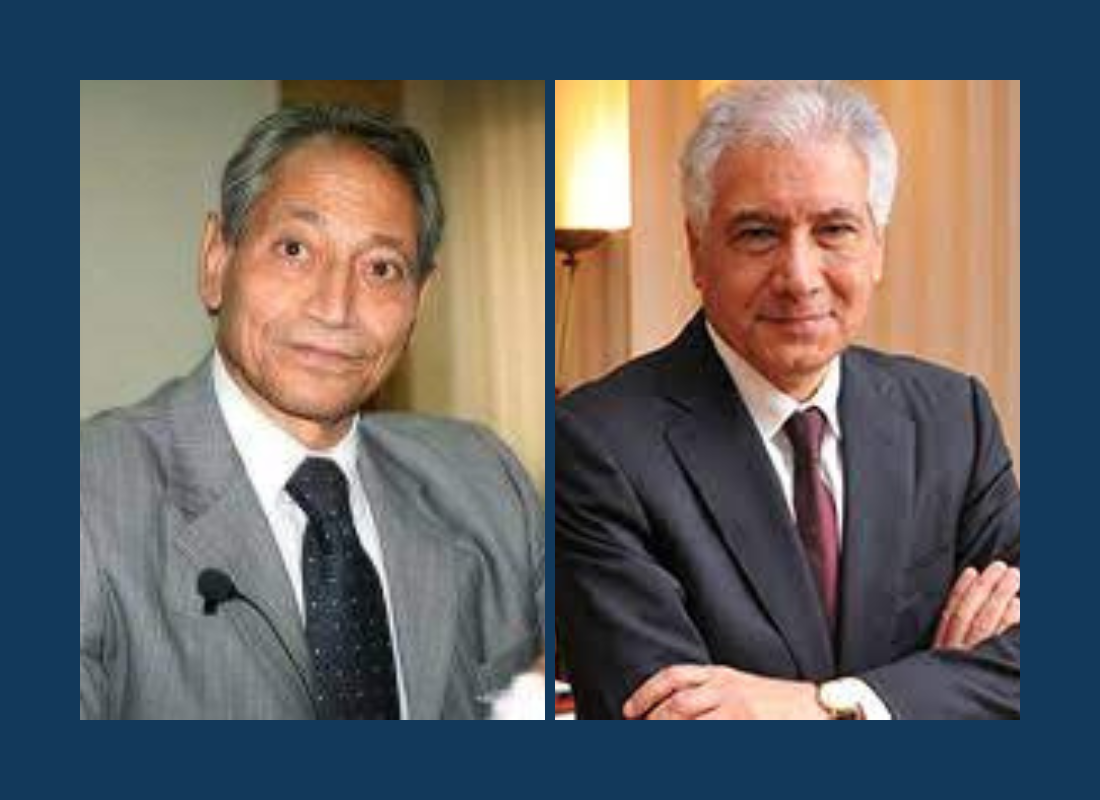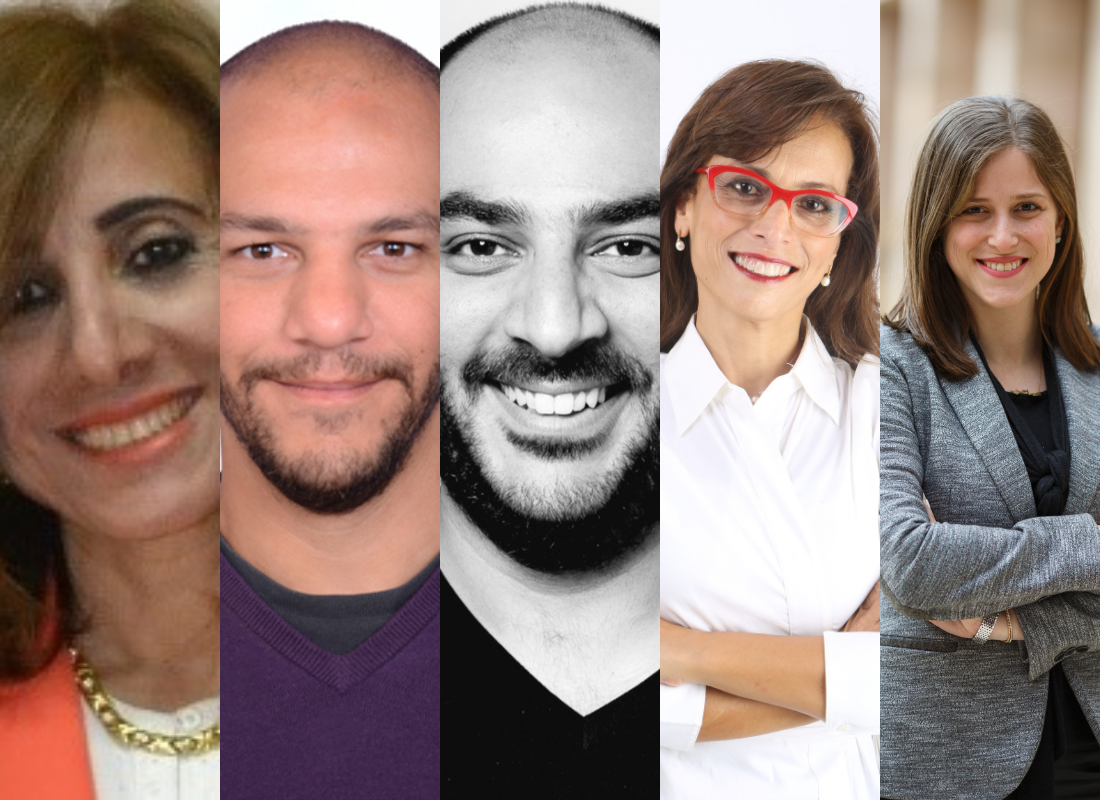The first of its kind in Egypt, Eltoukhy Learning Factory for Innovation and Entrepreneurship brings together AUC students, faculty, entrepreneurs and industry. It will help students strengthen their multi-disciplinary and problem-solving skills, preparing them for careers in diverse professional sectors. Modelled on learning factories at other universities worldwide, the Eltoukhy Learning Factory will be located in AUC’s School of Sciences and Engineering on the New Cairo campus.
Made possible through the generous support of AUC Trustee Atef Helmy Eltoukhy '74 and Fofa Eltoukhy, the Eltoukhy Learning Factory is a new innovative teaching and workshop environment to allow students to take ideas from the classroom and develop creative solutions to real-world problems.
“This region presents complex challenges not limited to one professional sector or industry,” said AUC President Ahmad Dallal. “We are extremely grateful to Dr. and Mrs. Eltoukhy for this transformational gift, which will create a unique collaborative and multi-disciplinary learning environment at AUC. We are excited to see the entrepreneurship and creative projects that will result.”
As part of their “capstone projects” at the culmination of their studies, students will be empowered to develop their ideas, and bring them to fruition, by accessing the resources of the Eltoukhy Learning Factory and the expertise of AUC faculty. It will combine classroom teaching, hands-on learning and teamwork, and real-life applications. The students will also benefit from interaction with representatives from industry and other sectors that may bring partnerships or industry-sponsored challenges.
“My family and I are proud to have had a long association with AUC” said Eltoukhy. "As Egypt's leading university, AUC plays a critically important role in preparing the next generation of leaders and problem solvers. It is essential that we provide them with the links to real-world problems and industry, well before they graduate. We are pleased to be able to support those experiences, and give students an opportunity to fully explore their ideas, and to realize projects through the Learning Factory."
If students are to have the competitive skills and knowledge that are required upon graduation, they will need experience with the latest technology and equipment. The Eltoukhy Learning Factory will allow students to develop their projects, benefiting from state-of-the-art equipment and diverse tools. The Factory will feature new equipment such as laser cutting, bench-top Computer Numerical Control (CNC) machines, waterjet, and 3D printing. Additional equipment will include various electronic control and testing equipment, and Internet of Things capabilities. The students will be supported by AUC faculty members from diverse departments including computer engineering, electronics and communications engineering, and mechanical engineering. Other AUC disciplines may also be involved, including arts and graphic design.
AUC graduates have a strong track record of generating successful startups. The Eltoukhy Learning Factory will be closely linked to the AUC Venture Lab that will help prototype startup ideas, and transform successful projects into new startups. AUC’s newly developed Virtual Reality lab will also be integrated with the Learning Factory, to allow for virtual prototyping prior to fabrication and testing.
An AUC Trustee, Eltoukhy is an Egyptian-American entrepreneur, former University of Southern California professor, scientist and the Founder and Chairman of Aurum Capital Management, an investment management firm. Eltoukhy has also authored many patents and publications in semiconductor and magnetic thin film technology. He is Chairman of the Eltoukhy Family Foundation, and he and his family have been philanthropic supporters of education in Egypt and the United States.
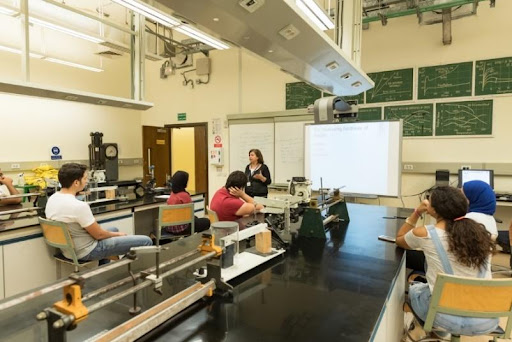
Dean of the School of Sciences and Engineering Lotfi Gaafar, said, “We are very excited about the new Eltoukhy Learning Factory for Innovation and Entrepreneurship. It will significantly improve students’ experiential learning through expert supervision and better access to materials, tools, and equipment. This promises to have a substantial impact on students in the various sciences and engineering majors, and those from other disciplines across the University.”
Describing the transformative impact of the lab, Board of Trustees Chairman Mark Turnage said: “The Eltoukhy Learning Factory draws upon international best practices. It will empower our students and enable AUC to remain at the forefront of innovation and practice in Egypt, and relevant to the needs of industry. We are very appreciative of this visionary gift from Atef and Fofa Eltoukhy.”
